4 Cooking Without Bourbon Using Flavorful Substitutes
Substitute for bourbon in cooking can transform your recipes without compromising taste or complexity.
The rich flavor profile of bourbon might seem irreplaceable at first glance, but several alternatives capture its essence beautifully.
Every chef faces moments when a recipe calls for an ingredient not currently in the pantry.
Most home cooks appreciate having knowledge about suitable replacements for those unexpected culinary emergencies.
The magic happens when these substitutions work so seamlessly that guests never detect the difference.
Some bourbon alternatives even add their own distinctive notes that might actually enhance the original dish in surprising ways.
Many traditional family recipes can benefit from such creative adaptations while maintaining their cherished characteristics.
With the right bourbon substitute, you can still achieve that wonderful depth and warmth in everything from savory sauces to decadent desserts.
When to Substitute Bourbon in Recipes
Sometimes you may need to swap bourbon in a recipe, whether you’re baking, making sauces, or mixing drinks. Here are the most common reasons and the best times to use a substitute:
Bourbon Replacements in Cooking
Bourbon being absent from the pantry can be swapped for a liquid that works in the same stage of the recipe. Progress in the kitchen doesn’t lose momentum.
Non-Alcoholic Vanilla Extract
Non-alcoholic vanilla extract serves as an excellent bourbon replacement in many recipes, particularly for baked goods.
This alcohol-free liquid combines glycerine or polypropylene glycol with sugars and water, creating a sweeter profile than traditional vanilla extract while maintaining the woody, smoky notes that make bourbon distinctive.
Home bakers appreciate how this substitute delivers similar flavor depth without introducing alcohol to their treats.
For best results, one tablespoon of non-alcoholic vanilla extract works well in place of a quarter cup of bourbon whiskey.
Some creative cooks enhance their desserts by mixing equal parts almond extract with the vanilla substitute for an extra dimension of sweet, nutty complexity.
Brandy
Brandy serves as an excellent bourbon substitute for those seeking that rich alcoholic depth in their cooking.
Made from fermented fruits and vegetables, this spirit has graced culinary traditions across the world for centuries with its distinctive fruity and oaky profile.
Many chefs appreciate how seamlessly brandy works in both sweet creations like cherries jubilee and savory dishes such as roasted meats or marinades.
Home cooks can easily swap bourbon for brandy using the same measurements without sacrificing flavor quality.
The complex fruit notes in brandy actually enhance certain recipes beyond what bourbon might offer, making it worth keeping in your pantry even if you already have bourbon on hand.
Rum
Rum stands as a fantastic bourbon substitute with its similar variety of rich flavors, making it perfect for deglazing pans after sautéing meat or fish.
This distilled liquor comes from fermented sugarcane molasses or juice, creating those delightful caramel and toasted sugar notes with subtle spice hints that complement many dishes.
Dark and aged rums work best in cooking by introducing strong, savory elements to recipes, while white rum pairs wonderfully with seafood dishes.
In the baking world, dark rum shines as the star ingredient in the famous Caribbean rum cake and other sweet treats that need depth and complexity.
Peach Nectar And Apple Cider Vinegar
Substituting bourbon with a mixture of peach nectar and apple cider vinegar creates a flavorful liquid that enhances fruit-based and chicken recipes without alcohol.
Equal parts of these ingredients blend perfectly for dishes like roasted pork shoulder or peach salsa with pickled red onions and Serrano chilies.
The sweet and tangy combination mimics bourbon's complex flavor profile while keeping your dishes family-friendly.
Apple juice works wonderfully as an alternative when peach nectar isn't available in your pantry.
This simple substitute saves you a trip to the store and adds a unique twist to traditional bourbon-infused recipes.
Flavor Pairing Ideas With Bourbon Alternatives
When swapping out bourbon in your recipes, picking the right pairing can help you keep rich flavor and balance in both drinks and dishes.
Bourbon Cooking Swaps: Answers to Common Questions
1. Can I use another type of alcohol instead of bourbon?
Yes, whiskey, brandy, rum, or cognac can be used as alternatives, but each brings its own unique flavor notes to the dish.
2. Are there non-alcoholic alternatives for bourbon in baking?
Apple juice, peach juice, or a mixture of water and vanilla extract work well as non-alcoholic options for bourbon in baked goods.
3. How much substitute should I use to replace bourbon?
Use an equal amount of the chosen substitute liquid in place of bourbon in most recipes to maintain the right moisture and consistency.
4. Will bourbon substitutes work in both sweet and savory dishes?
Yes, most substitutes are versatile and can be used in sauces, marinades, desserts, and glazes, but adjust other seasonings as needed.
5. Is there a sugar-free alternative to bourbon in recipes?
Unsweetened apple cider or a blend of water and vanilla extract are sugar-free choices for bourbon swaps in cooking.
6. Can I use bourbon extract instead of bourbon?
Yes, bourbon extract provides concentrated flavor; use 1 teaspoon extract mixed with 1 tablespoon water for every tablespoon of bourbon needed.
7. Will a substitute work in flambé recipes?
Non-alcoholic substitutes will not flambé. Use another high-proof spirit if the dish requires flaming for presentation or flavor.
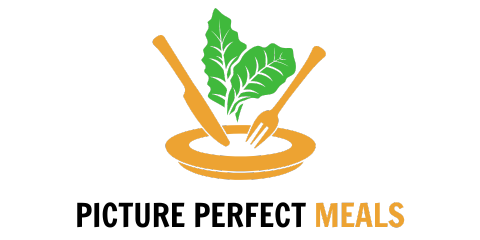
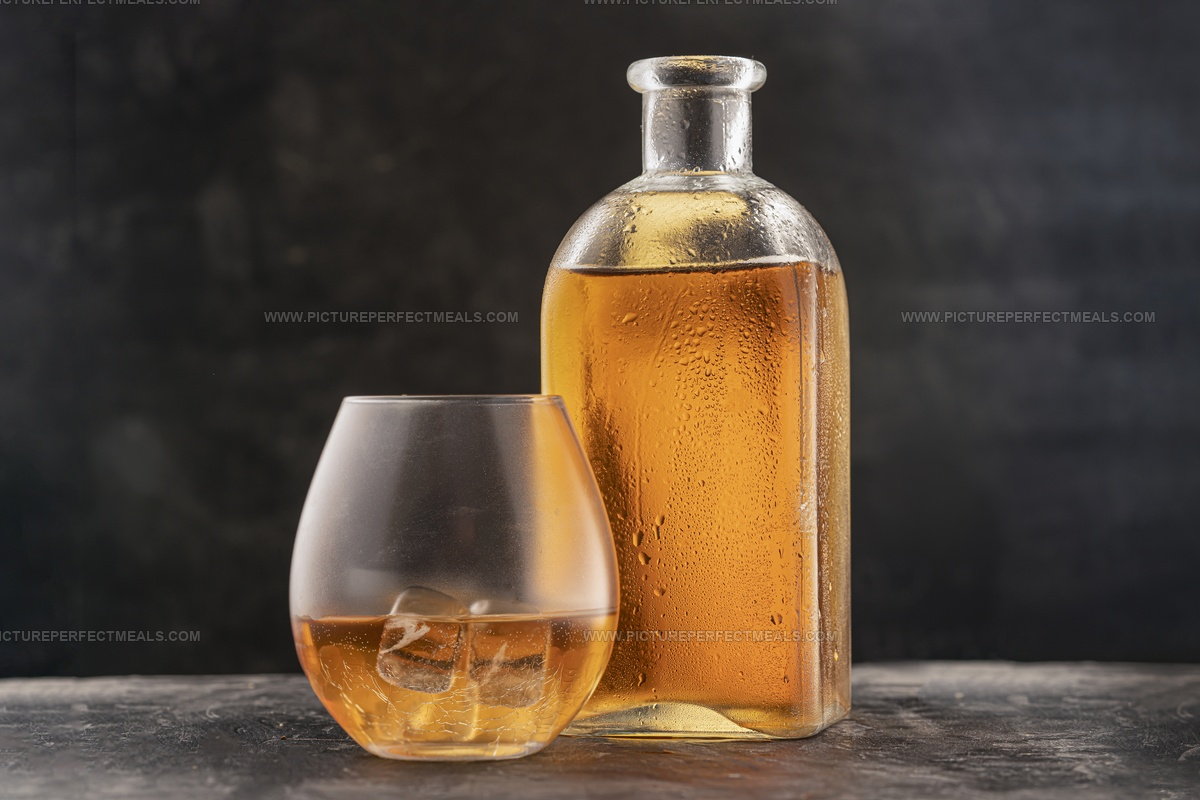
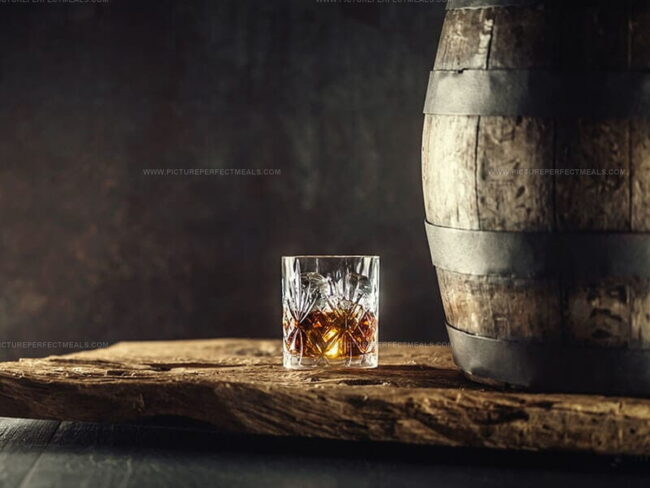
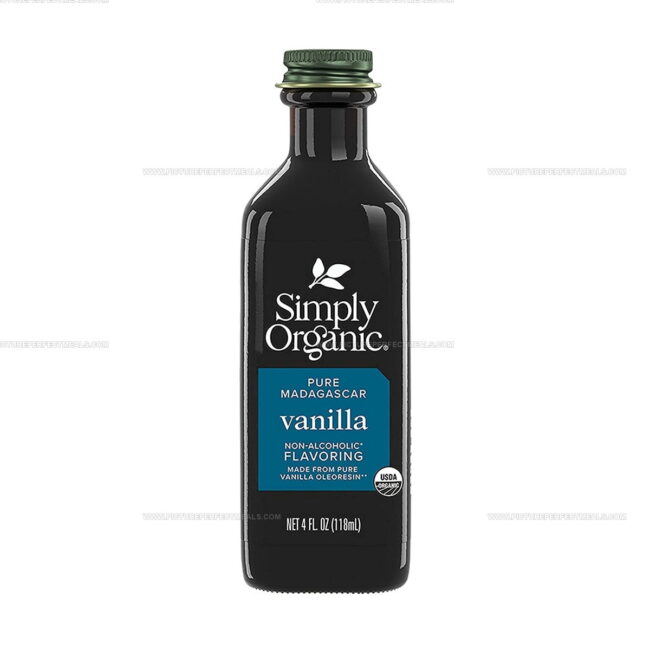

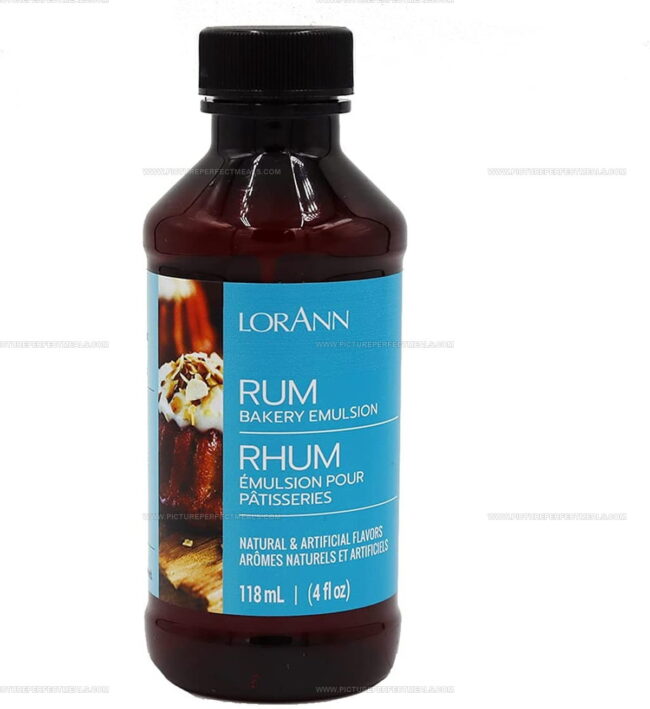
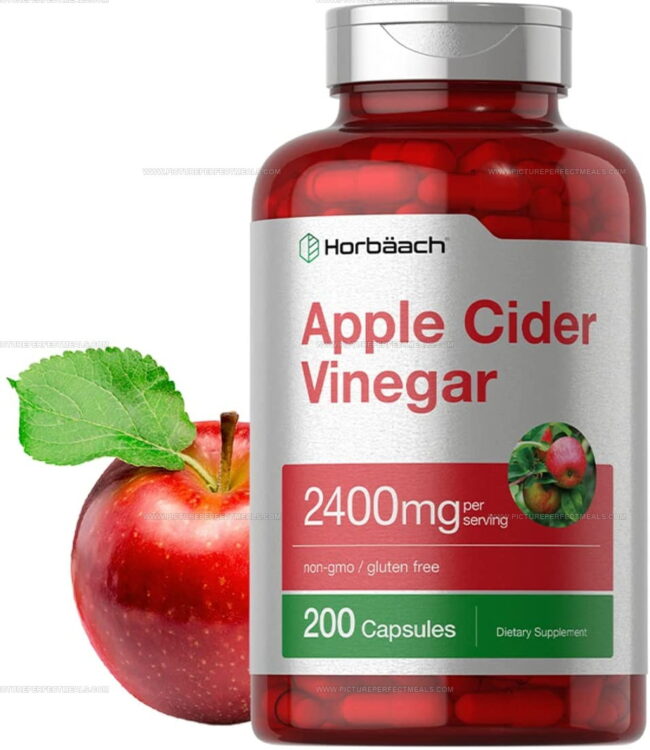
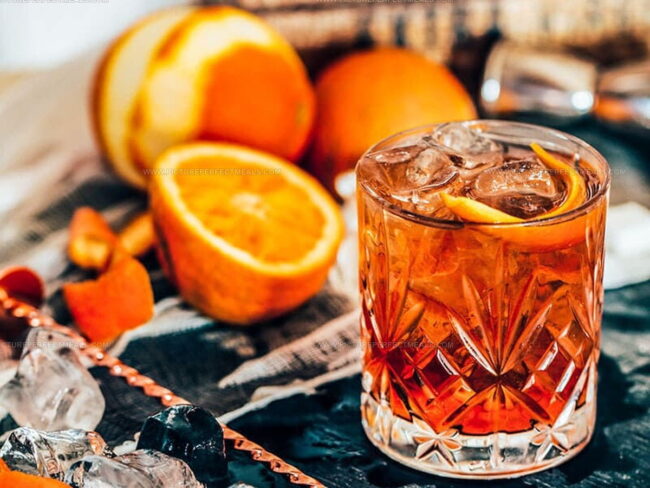
Daves Miller
Contributing Chef & Culinary Educator
Expertise
Education
Sullivan University, Louisville, Kentucky
White Mountains Community College, Berlin, New Hampshire
Daves is the friendly face guiding you through flavorful, fuss-free recipes at Picture Perfect Meals.
He studied culinary arts at Sullivan University and embraced Baking and Pastry Arts at White Mountains Community College. Daves specializes in comforting meals with vibrant flavors, highlighting fresh, seasonal ingredients.